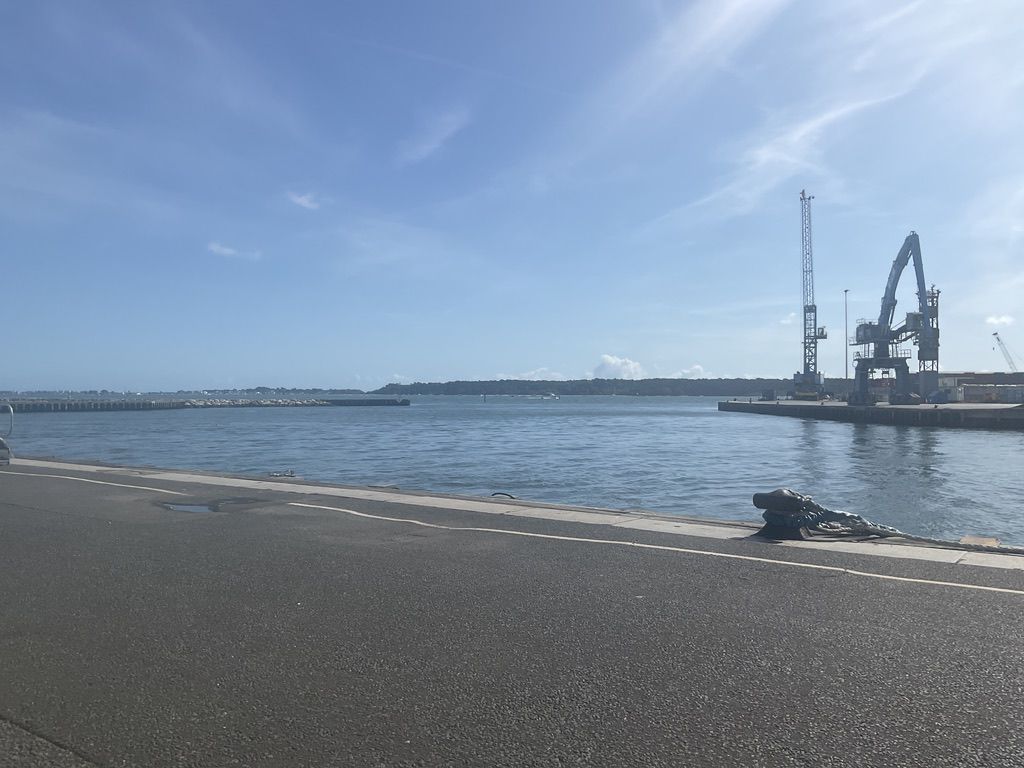How To Think About Your To-Dos

If you're thinking about building systems for organising your life, you may have suffered from the commonly-documented phenomenon of not being able to stick with a to-do system (described here, cmd-f 'scorched earth effect'). The basic issue is that when a system is fresh and new, you're able to stick with it because of its novelty, but after a while part of you "realises" that you don't have to follow it and it stops being an effective system for keeping you on track.
I definitely used to have that: I've been through calender methods and bullet journals and all kinds of apps—but have generally been pretty happy with the system I have for a couple of years now, and I think I've realised why that is. It's not really the system itself (great though it is), or the apps I use (great though they are). It's that somehow, at some point (don't ask me how! don't ask me when!) I shifted the way I was thinking about my to-do system from being a reward system to a reminder system.
If you're seeing your to-do list as a source of reward in itself—that ticking off the tasks will give you a little hit of good feeling, you're going to have the issue of burning out on the system. Whenever I'm playing a big videogame I'll invariably hit a point where I "see the matrix": I become aware of the game's reward mechanisms and I get bored because I realise I'm not being intrinically motivated, I'm being extrinsically motivated by making the numbers go up and that sucks. Similarly, if you're being extrinsically motivated by the feeling of ticking things off, part of you is going to clock that pretty quickly, and you're going to lose interest.
However, I see my list as, basically, a series of reminders. It's not about getting me to do the stuff, it's about having a source of truth for stuff I've got to do. The list itself cannot force me to do things, I will not feel rewarded for ticking things off the list. Many times if I have a lot of things I need to do in a day I will copy the things out of the app onto a paper notebook, sometimes re-ordering it multiple times (because I do like the feeling of ticking things off!). But I know that I've got this master list, and that if I need to remember to do anything, I can put it on this list and it will not get lost. It makes it impossible for me to forget what I need to do, because it's all there for me.
Now, I do think this is the fundamental factor in sticking to your system, but obviously while most systems should be augmented by technologies but sufficiently simple that they're not wholly dependent on them, I think it's a stretch to say that the app (or whatever) you use doesn't matter at all. So here's a brief expansion on how I make this all work for me.
The app I use is Things (Mac/iOS only, sorry). It looks very nice and clean and splits things up in a GTDish fashion that I find very useful. Crucially, I think, at no time am I ever looking a list of 'everything on the list of possible things for me to do', I'm pretty much always looking at the "Today" view, which (obviously) only shows me things I need to do today.
Tasks are also split up by 'area' (some of mine are Physical & Mental Health, Family & Friends, Learning & Creativity—you get the idea, and you can come up with your own), can be associated with a project, and also by when they're going to be done. I add tasks to the "Inbox" section, and then sort them by area and due date later, usually daily, unless they need to be done urgently.
You can also set up recurring to-dos for frequent tasks: every Saturday I have a Chores task with a bunch of subtasks for taking out the bins, doing the laundry etc. Even if I don't do it all on that day, I will still have the nudge that reminds me to do it in the system; I just bump it to the next day.
Anything that doesn't have an explicit date on it lives in the "Anytime" section, ready to be pulled in to "Today" or given a date in the future ("Upcoming"). There's also a "Someday" section where you can put stuff you want to do at some point but not any time soon. This means you can put stuff you want to do at some point but not yet into the system without being worried about losing it, but it's got a place, rather than presenting you with an Overwhelming List Of Stuff, which I think helps with viewing it as a reminder system not a reward system.